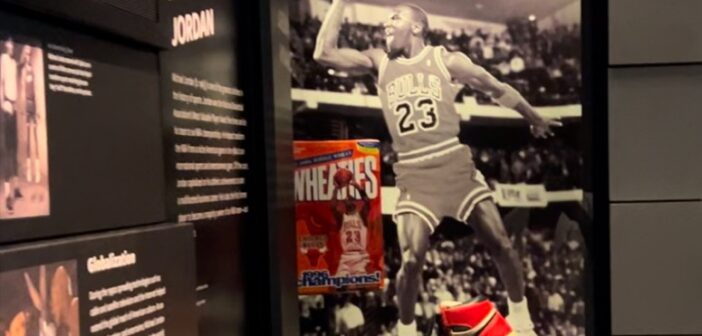By Hadassa Ferreira, Arts & Culture Editor
The year is 2025, and if you ask people about their dream sneakers, many will say an Air Jordan. Similarly, if you ask young people about their favorite music style, many will say R&B. When it comes to their favorite clothing aesthetic, many will say they prefer streetwear.
Do you know what those things have in common? They are powerful symbols of the influence and lasting impact of African American culture on today’s popular culture. The truth is, black culture has been a driving force behind cultural movements and aesthetics for decades, shaping how people dress, speak, entertain themselves, and more.
The Great Migration, a movement of black people from the South to the North during the Jim Crow era, was responsible for a major shift in how Americans created and perceived fine arts. The presence of black people in a new, free, and dynamic environment in the North allowed them to create art that represented their culture in a pure and powerful way.
Today, walking the streets of Chicago or touring famous neighborhoods in New York, like Brooklyn, SoHo (South of Houston Street), and Harlem, people can see the African American influence everywhere— from art galleries and music halls to theaters, clothing stores, and restaurants.
Blues, for instance, was solidified during the Great Migration. However, it originated in the second half of the 19th century as a development of the spirituals and sorrows sung by black enslaved people in the fields and plantations.
A similar thing happened with jazz, a genre that originated in the early 20th century in New Orleans, La., where Black spirituals blended with European folk and harmonic music.
The mix of African American blues and white country music gave birth to one of the most beloved genres of all time: rock ‘n’ roll.
This African American cultural influence has extended to other areas of pop culture as well. One of the most interesting films released in recent years, Air: Courting a Legend, tells the story of how the legendary Black basketball player Michael Jordan became more than just a basketball phenomenon—he became a cultural and fashion revolutionary.
The Hip Hop movement, which began in the late 1970s and spanned the next three decades, is one of the most revolutionary African American cultural movements in shaping American culture as a whole. It started in the Bronx, N.Y., and highlighted the socio-economic struggles and challenges faced by African American youth. Amidst these economic hardships, an urban youth group—primarily black, along with Caribbean and Latino communities—gathered in the streets for recreation and self-expression.
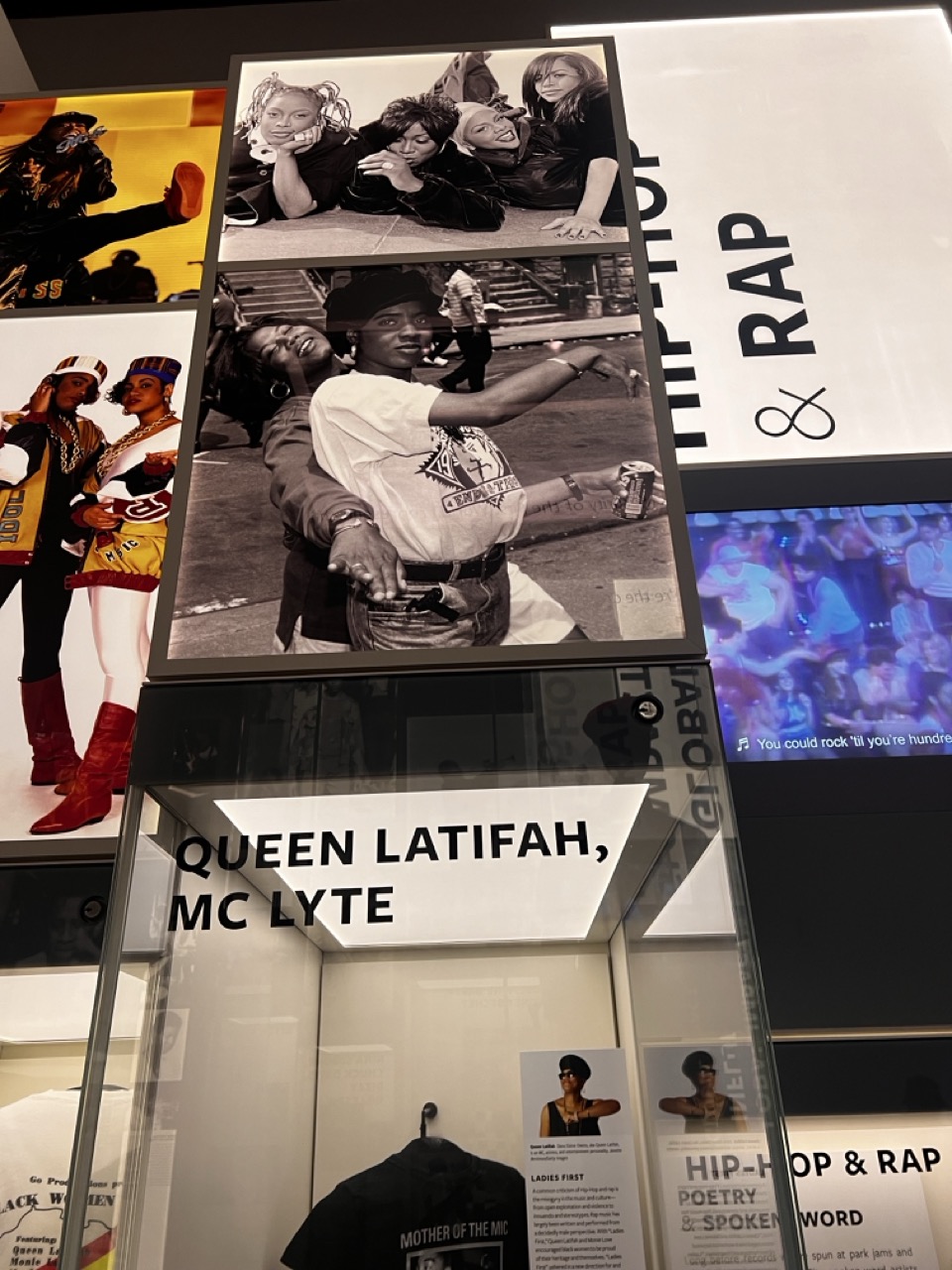
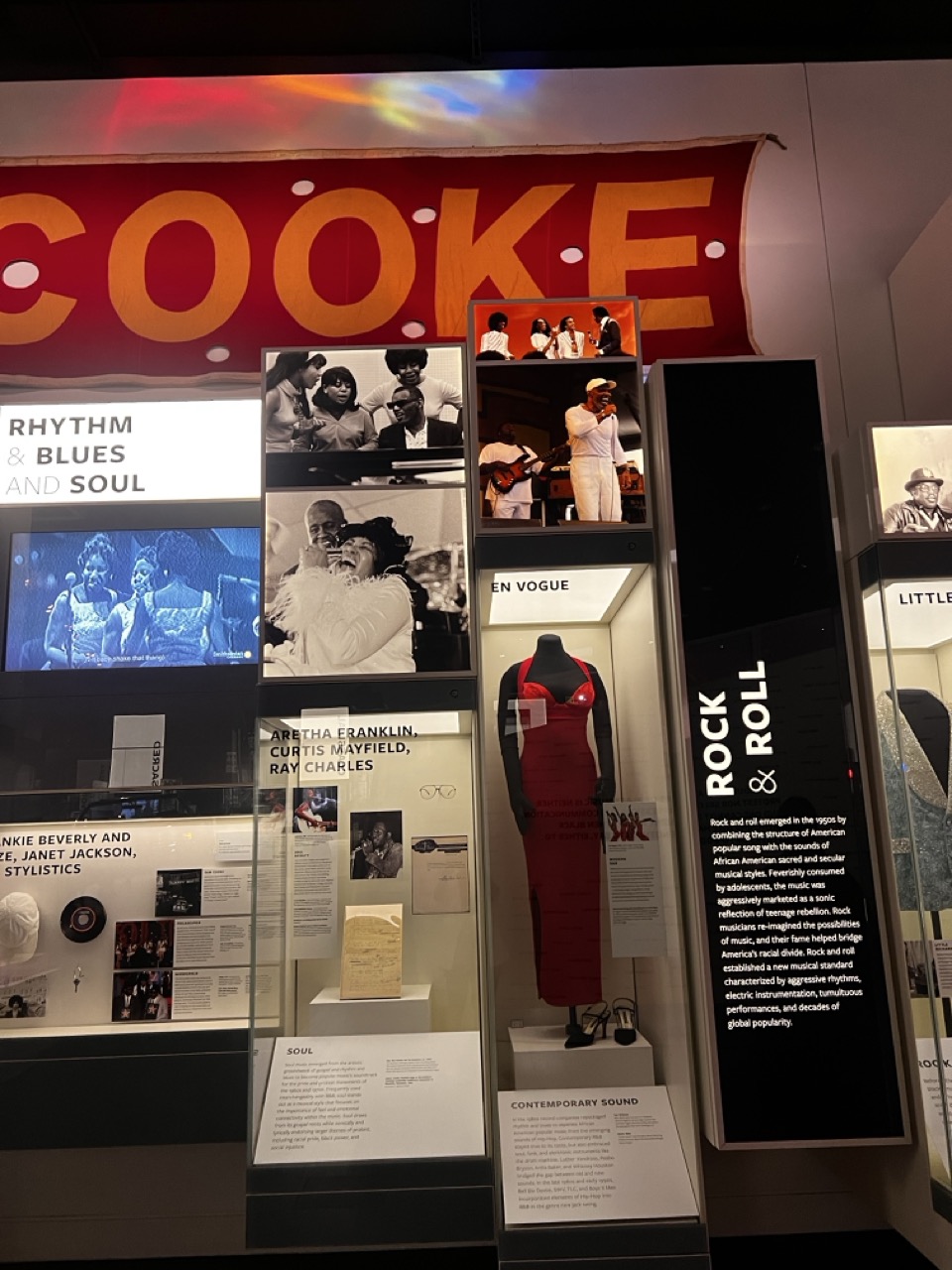
When the 2000s arrived, Raven-Symoné became one of the most prominent names on Disney Channel. She and her character, “Raven Baxter,” became major symbols of fashion and style for many girls of that generation. Raven was a remarkable character who, beyond helping Disney Channel establish itself as the leading TV channel for pre-teens at the time, embraced and strongly showcased African American culture.
Dr. Marissa Rhodes, from the history department, said, “I’ve noticed black culture’s influence on pop culture, especially on social media like TikTok. Trends such as exfoliation routines and styling ‘baby hairs’ have long been part of black hair and skin care but have recently gained mainstream popularity.”
Now, one might wonder: If black culture’s influence on popular culture has been so prominent for so many years, why are people still fighting and debating issues of cultural appropriation?
The issue of cultural appropriation is tied to the incorporation of African American elements into mainstream, majority-white culture without proper recognition or validation of its roots.
The problem isn’t the use or appreciation of African American culture and its elements by white individuals. The issue lies in the mass adoption and appreciation of these elements by white people, following a period of rejection when they were exclusively enjoyed and experienced by black people.
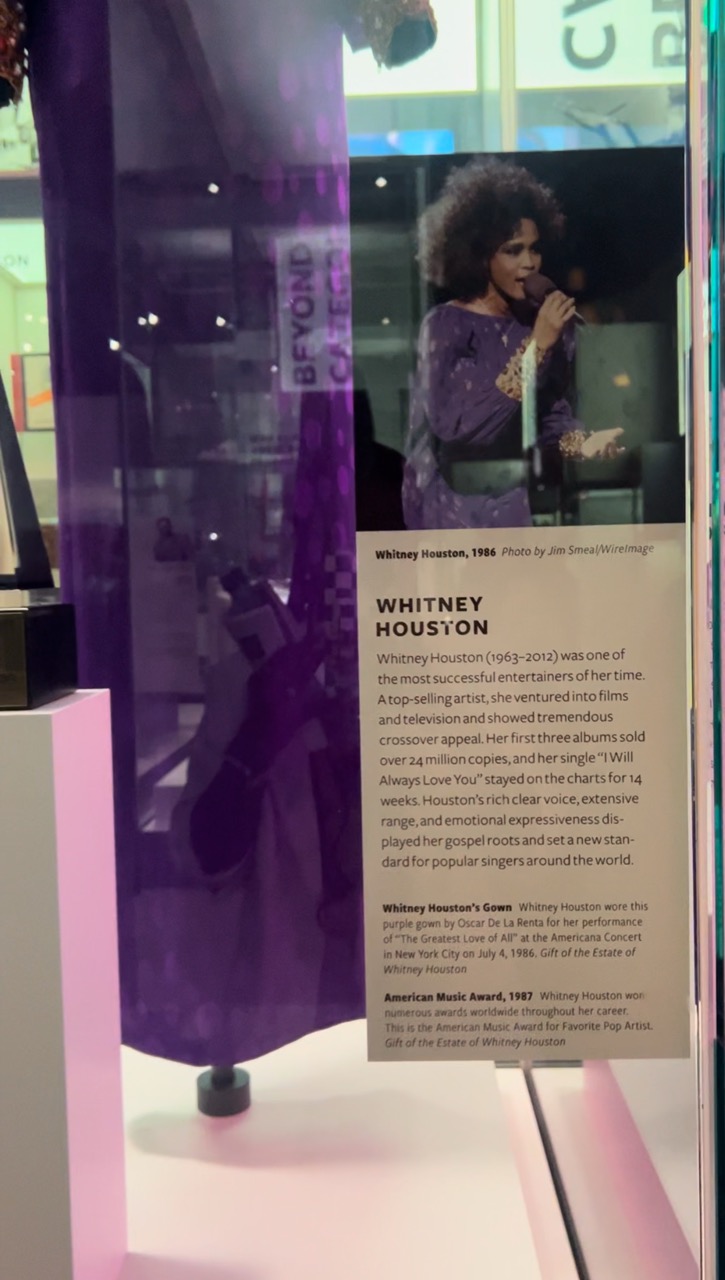
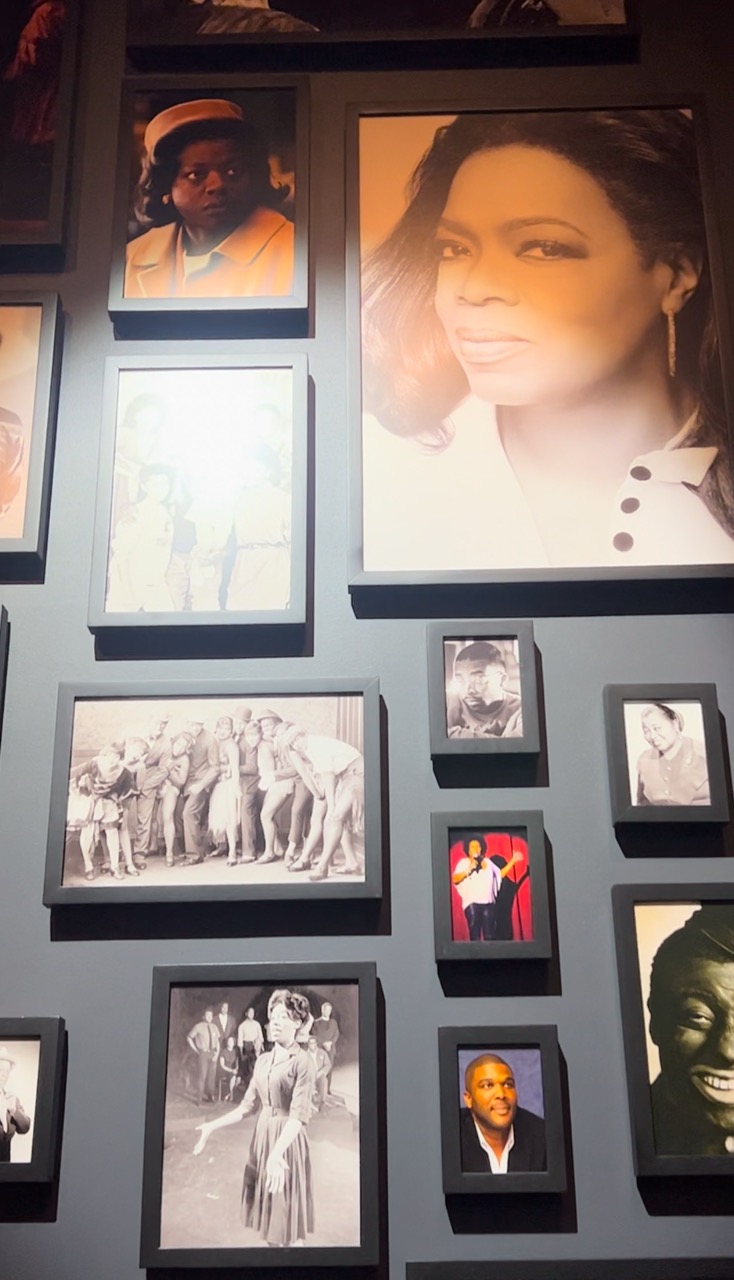
For example, one of the popular teenage movie series of the 2000s was Bring It On, a franchise centered around high school cheerleaders.
Since the 2000s was a period of significant rise in the popularity of black culture, the Bring It On movie series often marketed its films as having at least “50-50%” racial representation in their storylines.
However, in practice, the films appropriated many black cultural elements—such as music, dance, and fashion—while the African American characters were consistently in the minority and relegated to supporting roles.
Bring It On is the perfect example of how racism denies black people the right to empower themselves and claim their culture as great—not only after receiving white approval but also while it is lived and enjoyed by black people. It encapsulates what cultural appropriation truly means.
Dr. Rhodes also added, “I think the key to honoring black culture without exploitation or appropriation is understanding its history and significance. Rather than blindly participating, one should learn about the cultural and historical context of elements like dreadlocks, soul food, or hip-hop in black communities.”
The year is 2025, and the reality is that young people from Gen Z and Gen Alpha have R&B as one of their favorite music styles, wear oversized shirts and pants, and want to braid their hair in cornrows.
Clearly, African American roots run deep in today’s popular culture. Everyone can enjoy it, understanding the history of struggles and triumphs lived by resilient black people, which gave birth to such an incredible culture.

